ARTICLE AD BOX
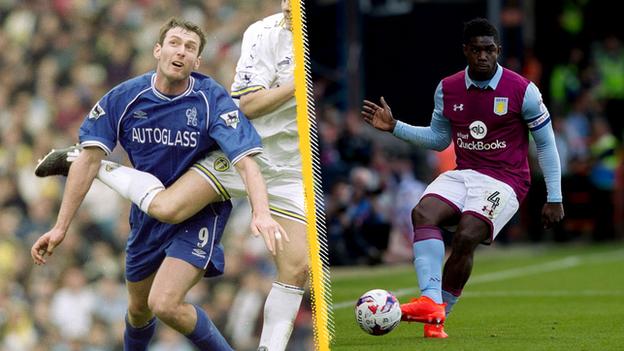 Chris Sutton and Micah Richards have spoken about their struggles during their playing days, particularly in spells at Chelsea and Aston Villa respectively
Chris Sutton and Micah Richards have spoken about their struggles during their playing days, particularly in spells at Chelsea and Aston Villa respectivelyFormer footballers Chris Sutton and Micah Richards have spoken about the difficulties of dealing with life in the public eye as a player, with Richards saying at one point in his career he was "borderline depressed".
Their comments come after Wayne Rooney said he turned to drink to cope with the pressures of fame.
Sutton said he struggled with being treated like "a laughing stock".
Richards said he often had to put on a brave face and hide his true feelings.
The pair were giving their thoughts on BBC Radio 5 live's Monday Night Club following revealing interviews by England's all-time record scorer Rooney, who spoke about the impact of going from growing up on a Liverpool council estate to becoming a superstar of English football.
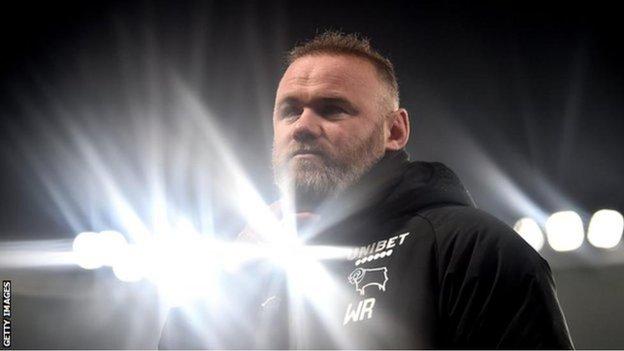 Wayne Rooney is currently manager of Championship side Derby County
Wayne Rooney is currently manager of Championship side Derby CountyEx-striker Sutton had a hugely successful career that spanned the 1990s and early 2000s and enjoyed prolific spells at Norwich, Blackburn and Celtic. He won the Premier League in 1995 with Blackburn and the Scottish Premier League four times with Celtic.
However, he had a difficult spell at Chelsea in 1999-2000 as he scored just one league goal before departing Stamford Bridge.
"I can laugh about it now but in my time at Chelsea when I was going through a difficult phase I'd keep things to myself," he said.
"When things were going wrong and I was the laughing stock in the national press and there were caricatures. I used to behave like I didn't care but it killed me and I was too ashamed to speak to my dad about it and my wife. That had a big effect on me. Eventually I worked my way out of it.
"Looking back, now my career is finished, I know I would have handled things differently and maybe gone and spoke to my manager and coach but in the football environment I found it a very difficult thing to do, so I was on my own in many respects. It affected me massively."
Richards is known for his infectious laugh and bubbly personality as a pundit while as a player he enjoyed a successful decade at Manchester City, winning a Premier League title and an FA Cup.
He finished his playing career at Aston Villa, where injuries restricted his appearances before he retired in 2019.
"I was going into Villa every week borderline depressed," Richards said.
"Going in there as a cheerleader and putting on a brave face because that was my role within the team but if I actually told you the honest conversation about what used to happen when I used to go to the training ground, it got to the situation where I was being treated like a piece of meat.
"But I understood that was football and got on with it, I didn't come out and call people out and feel sorry for myself," Richards said, adding that "the football community doesn't protect people who are vulnerable".
"Now I can be my own person and that is why I am happy now. I embrace all the opportunities that football has given me but I am not going to pretend like I wasn't in a bad place and I can sympathise with Rooney," he added.
Both Sutton and Richards believe more needs to be done to protect players' mental health, particularly in the age of social media.
Football clubs and the game's authorities are working to provide support where it is needed.
Crystal Palace recently launched a three-year aftercare programme to help scholars cope with being released and, in 2020, Prince William, president of the Football Association, led a campaign to tackle the subject of mental health, which was documented in the BBC One programme 'Football, Prince William and Our Mental Health'.
"The care for players is much better now," added Richards.
"We've seen what Palace are doing with the aftercare for young players and Manchester City are great with the academy there.
"It is only what should have been done a while ago. If you had such an investment in a player you would think the aftercare would be the norm but it hasn't been in the past.
"It is good to see going forward that the clubs are doing it and rightly so because they have a duty of care."
If you or someone you know have been affected by similar issues, you can access information and support via the BBC Action Line website.

 3 years ago
85
3 years ago
85
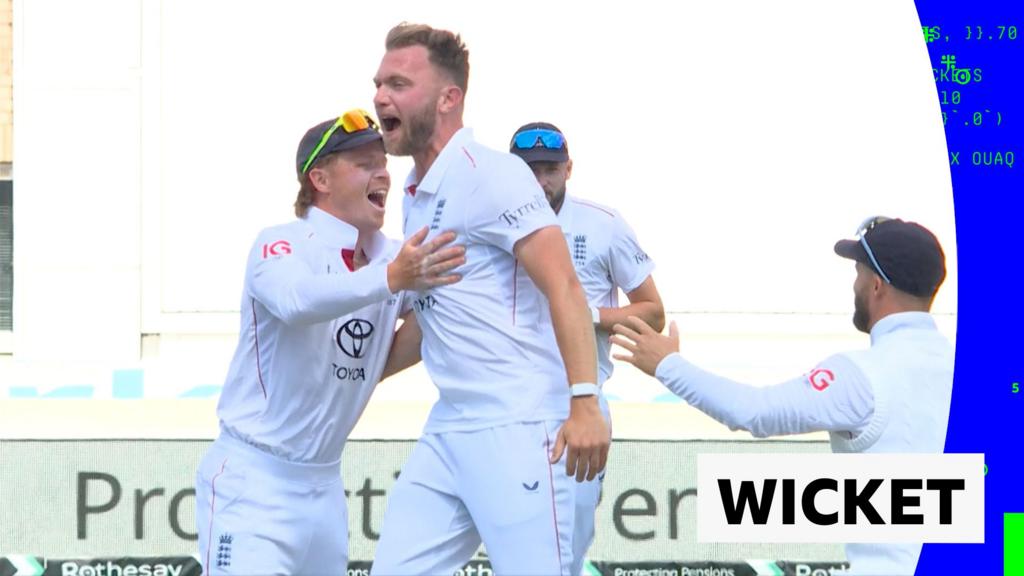
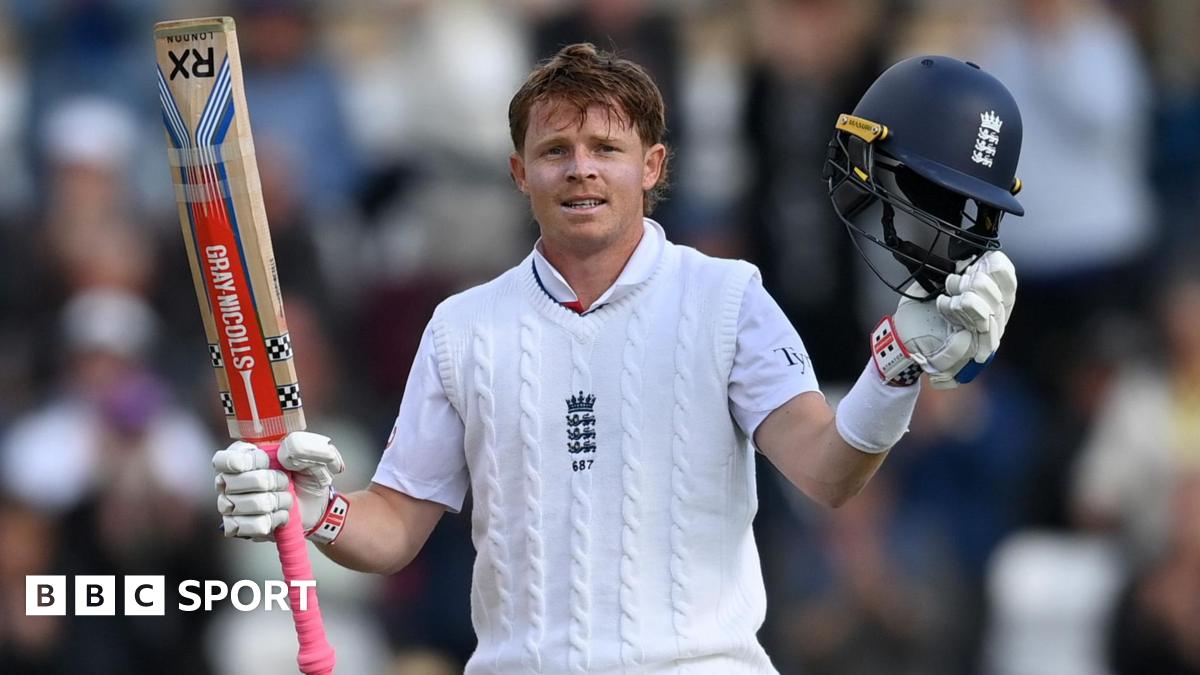
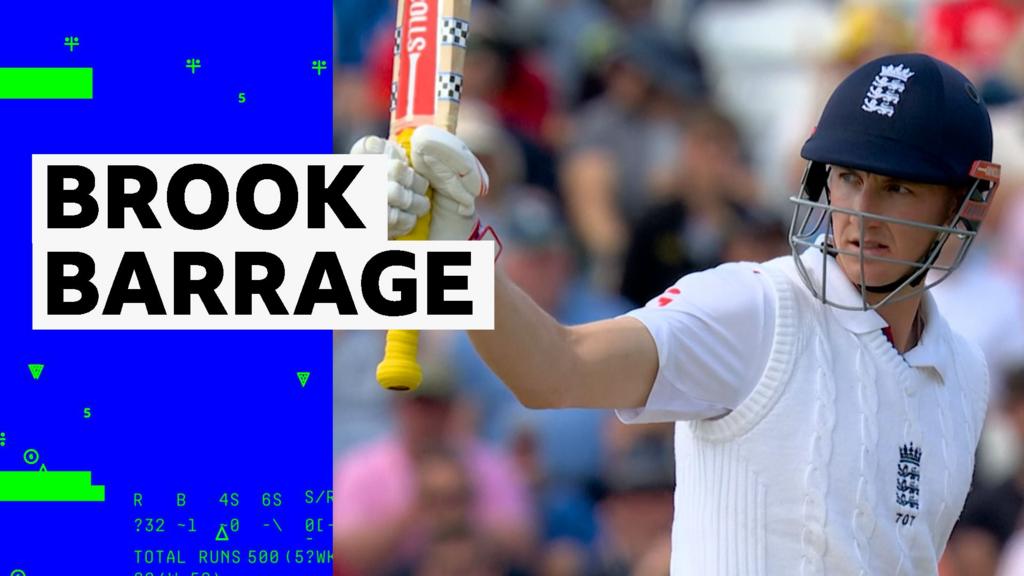





 English (US) ·
English (US) ·